Entertainment
Review: Crimes of the Future
Kristen Stewart shines in Cronenberg’s return to body horror.
Published
2 years agoon

When we last saw David Cronenberg some eight years ago, he was polarizing critics with a string of oddball dramas. The king of body horror made a hard prestige pivot after the tremendous success of 2005’s A History of Violence, alienating some fans—and friends—in the process.
With Crimes of the Future, Cronenberg completes his hero’s journey. He returns to body horror with over two decades of lessons learned, and the result may be his most effective work since A History of Violence.
Crimes of the Future is a pulpy movie (in more ways than one). It may be misleading to call it “horror;” it’s a neo-noir in a body horror shell, sometimes literally. Saul Tenser (Viggo Mortensen) and Caprice (Léa Seydoux) are a pair of performance artists in a future obsessed with surgery and biohacking. They become wrapped up in an underground conspiracy while flirting with their most daring performance yet.
At the same time, his time spent away from sci-fi has clearly given Cronenberg a renewed sense of focus. Set in Greece, the film’s futurism feels tied to the entire history of European art, which it employs for both tone and satire. Tone is another element that here feels drawn from Cronenberg’s recent experiments.

Believe it or not, Crimes of the Future is a chill, almost comforting film. While there’s plenty of shock value, it takes place in a world desensitized to surgery, wounds, and new flesh. As the story fades into something of a hardboiled detective drama, you start to share the characters’ indifference to these carnal reformations.
As Kristen Stewart’s Timlin insists, “surgery is the new sex.” Stewart’s role was smaller than I anticipated, but she absolutely brings the house down. Her mousy demeanor and barely-restrained horniness turn the iconic tics of her Twilight performance on their head. It’s a stellar, transformative performance, and also an immensely funny one.
Crimes of the Future isn’t the funniest movie of the year, but it’s definitely up there. Despite opening on a brutal scene of filicide, it otherwise finds ample humor in its bleak, awkward characters and the desensitized world they occupy. We see a dancer covered in ears, his eyes and mouth sewn shut… and then immediately hear characters trash-talking him as a hack.
Like all great satires, it also flirts with some profound philosophy. Questions of pain and human nature are just an appetizer for the film’s primary focus: a group of rebels who’ve hacked their bodies to digest plastic and other synthetic materials.
Despite turning organs into art, Saul is nihilistic about these advancements. The government agents he encounters on his journey are concerned with preventing humans from being overtaken by a new species. These conflicts intertwine with a series of suspicious killings and shady characters, all convening around an autopsy Saul is asked to perform live on camera.
The closest movie I can think of to compare Crimes of the Future to is Blade Runner. It’s a funny, moody, grimy future-noir anchored by a stellar cast and world-class direction. It’s also, crucially, a through-and-through Cronenberg movie. His unmistakable techno-gore is never too far away, nor are all his favorite subjects of personal turmoil and ethical confusion.
It’s a fun thought exercise to find the intersection between Cronenberg’s two worlds. You might get more out of Eastern Promises knowing that it’s by the director of eXistenZ. But Crimes of the Future is the film that truly brings it all together. It’s a great crime movie, balancing a tangled web of motives without a single beat out of place. A
Crimes of the Future is now in theaters.
You may like
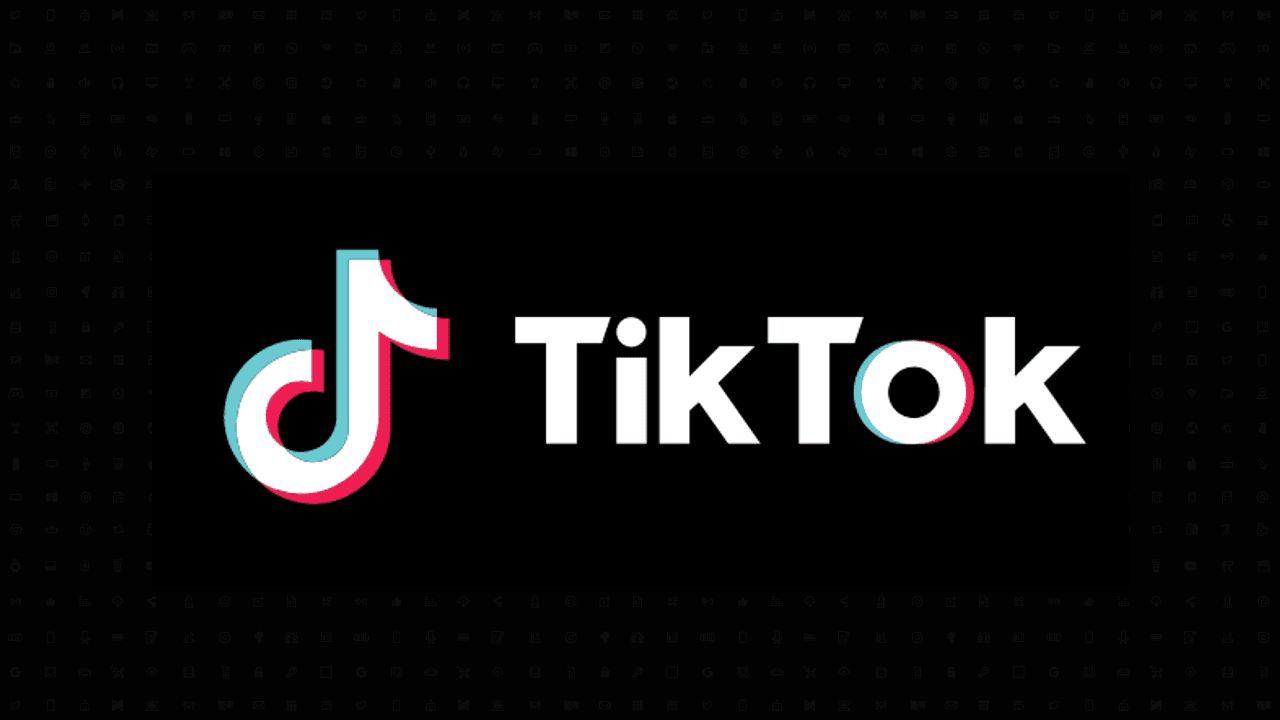
Any avid TikTok user wouldn’t pass up the opportunity to join the TikTok trend bandwagon. And who doesn’t? TikTok is one of the top platforms for Gen Zs and millennials. You could go from zero followers one day to a million views and followers the next day—provided your content is entertaining. Whether you’re new to TikTok or not, not lagging behind the best TikTok trends is easy. All you have to do is follow the top influencers and accounts. But don’t fret. We’ve done the searching for you. Here are 10 top TikTok trends you should try if you’re looking to achieve fame in a day or two!
1. Hairstyle transformation
Hair can transform a person into a whole new person just by changing the style, cut, volume, or color! TikTok users are using the platform to show off their new hairstyles—in a fun way! They show before-and-after images or clips, some with jaw-dropping transformations, and you won’t even know it’s the same person.
Watch this example.
2. Eco-friendly DIYs
Sustainability is a massive part of any content. Whether it’s a business or personal account, focusing on sustainability will get you more followers from like-minded users. Brands are also posting more videos that show sustainable processes and resources. However, if you’re just hugging trees and kissing flowers out here, you can create eco-friendly DIY projects on TikToks to make your clips more meaningful.
Here’s a video of an empty soda bottle turned into a mini fan!
3. Pet challenges
Pets are also a good way to capture the heartstrings of any user, young or old. Content is always meaningful when you include your loving furry companions. Pet challenges involve making your pets perform tricks from prompts, often with trending music. One of the newest pet TikTok trends is the “hands-in” challenge.
Here’s a hands-in challenge video.
4. Trending dances
TikTok’s trending dances never fail! These are always the first viral videos, especially with newly released sounds. These trends are also the simplest to follow if you don’t have two left feet. Some dance moves are easy, such as swaying your hips or moving your hands. Meanwhile, some are more complicated depending on the music. If you want to create a fun TikTok video, trending dances are a go-to!
Here’s the trending Tiramisu Cake dance.
5. Street interviews
Street interviews are also gaining more popularity on TikTok as these videos are fun, candid, and entertaining. Interviewers or content creators can stop anyone on the street and ask them random questions. These questions can vary from recent events and celebrity issues to fun, lighthearted questions. TikTok users enjoy watching these videos because knowing what people think about specific issues or topics is entertaining, especially when put on the spot.
Here’s an example.
6. Recipe remixes
If your TikTok content is about food, you shouldn’t miss recipe remixes. It refers to chefs or cooks cooking traditional dishes and putting their twist to make them interesting. This can also include adding new and unconventional cooking techniques to share something new with aspiring chefs. You can innovate a classic dish from your country or another country and see which process gains more kudos from followers.
This is a TikTok video of a dumpling mix turned into a taco.
7. 90s nostalgia
If you’re a 90s kid, any 90s-related TikTok content will surely make you smile. Bringing the 90s back on a modern platform is nothing new in social media. Creating content that takes you back to the 90s about music, dance crazes, fashion, toys, and trends connects with the right people. While this attracts people in the 90s era, content like this can also interest the new generations that have caught up with it or want to learn more about it. After all, everything in the 90s was way more interesting!
Here’s someone dancing to nostalgic 90s music.
8. A day-in-the-life content
A “day in the life” content is one of the top TikTok trends. This shows your followers what you do daily. Content creators offer their fanbase a peek into their lives, from waking up in the morning and going to work to cooking dinner and bedtime routines. Content like this is suitable for popular creators or influencers to gain more loyalty from their fans. Adding a personal touch to your content will make you seem like someone they can relate with and reach out to. Also, ensure you respond to your fans’ comments in a non-templated manner.
Here’s someone’s day-in-the-life vlog from waking up and going home after a day’s work.
9 Home organization
Home organization TikTok trends are for homeowners who like to keep things neat. These types of content are also informative and benefit followers, encouraging more users to follow your account. Whether it’s showing off your favorite home organization hacks or educating followers on how to create tidier spaces, these videos will impress users, provided they are high-quality.
Watch this example.
10. POVs
You can also create some funny POV (point-of-view) videos about anything. These videos entertain and help you connect with your users, mainly if you publish relatable circumstances. Being a real and genuine content creator is crucial, so you’re building that virtual rapport with your audience. POV videos also take serious situations and turn them into lighthearted jokes.
Here’s a funny POV video.
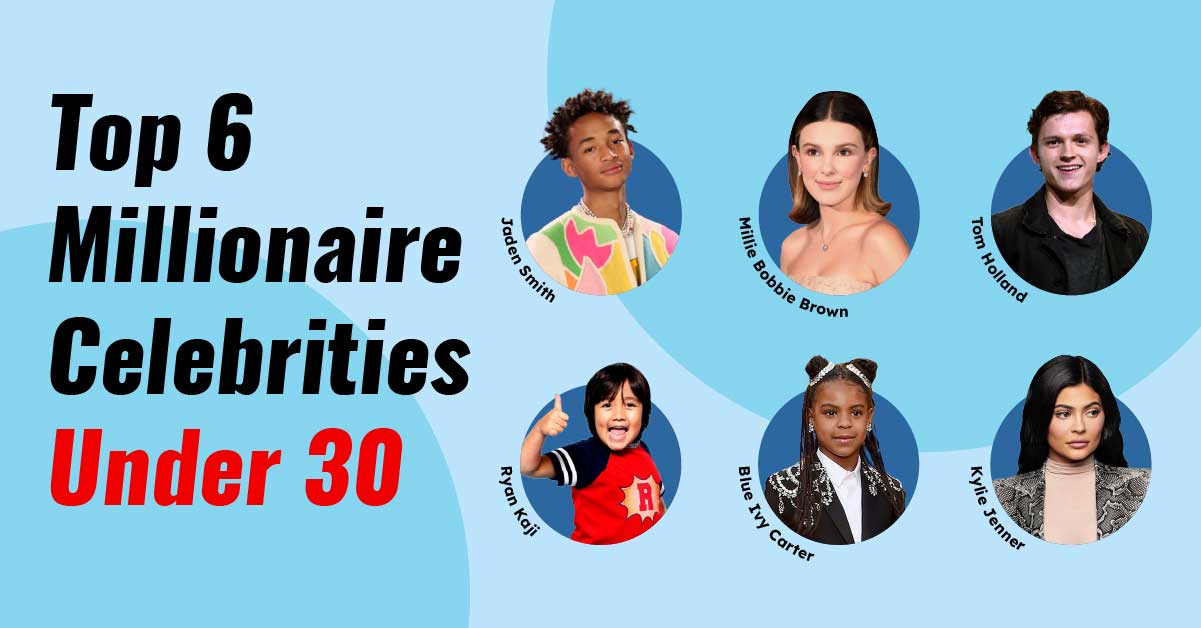
While some dream of striking it rich before the first gray hair sprouts on their heads, these celebrities are already there. Using brains, hustle, and a sprinkle of stardust, these financial titans are crushing it, and crushing it real good! Here are six millionaires under 30:
Jaden Smith (25 years old)

Image Source: FN
At 24, first on our list is Will Smith and Jada Pinkett Smith’s son, Jaden Smith. Playing around with his creativity in music, acting, and fashion while amassing a net worth of around $8 million. He built his empire starting with Justin Bieber’s song “Never Say Never,” which launched him into stardom.
Many dismiss this success as riding on his parents’ coattails; however, the hits kept coming, proof that the guy was carving his own path. Next, he conquered films with starring roles in The Karate Kid, After Earth, The Get Down, and many others. By this time, he has co-founded the fashion brand MsftsRep.
Millie Bobbie Brown (19 years old)

Image Source: Wallpapersden
Not just Eleven from Stranger Things, Millie Bobbie Brown has become a global phenomenon. While her fantastic portrayal of the innocent but powerful girl in the Netflix series was what catapulted her to fame, Millie is more than that. Slowly, she is building her empire with her brilliant acting, producing, and entrepreneurship skills, inspiring Gen Zs and millennials worldwide.
Millie Bobbie Brown’s net worth of around $20 million comes from her acting endeavors Godzilla: King of the Monsters and Enola Holmes, proving that she went far beyond the sleepy town of Hawkins. She also launched her cosmetics, Florence by Mills, a vegan and cruelty-free line for teens. Millie is also UNICEF’s Goodwill Ambassador, raising awareness for children’s rights and climate change.
Tom Holland (27 years old)

Image Source: Rock & Pop
You may know him as the friendly neighborhood Spiderman, but did you know Tom Holland is also the adorable kid flying through the air in Billy Elliot? And did you also know that his net worth is estimated at around $20.6 million? This comes from his roles in the Spiderman franchise as well as other acting stints.
Aside from his immense talent, his meteoric rise comes from several endeavors, the films Cherry, Chaos Walking, Uncharted, and many others. Beyond dancing and web-slinging, Tom also has a heart of gold. He is an advocate for mental health awareness and many other causes.
Ryan Kaji (12 years old)

Image Source: NWC
When they say to start them young, this YouTuber did as he was told. Ryan Kaji, at 12 years old, is one of the world’s most popular content creators on the platform. He has more than 34 million subscribers and over 54 billion views, a feat many older people only dream of. He does this by reviewing toys, doing science experiments, and going on adventures.
With an estimated net worth of $32 million, Ryan has already branched out to a variety of ventures, such as a toy line, clothing line, and a TV series. His infectious energy, winning personality, and strong social media presence all contributed to his inspiring success.
Blue Ivy Carter (12 years old)

Image Source: CNN
An heiress to her parents’ humongous empire in the world of music, fashion, and cultural influence, Blue Ivy Carter is slowly but surely carving a solid path that’s uniquely her own. With an estimated net worth of around $800 million, Blue Ivy is also racking up a list of achievements. She is the second-youngest person to ever win a Grammy for her and her mother’s music video for the hit “Brown Skin Girl.”
Not only did she appear in the video, she also co-wrote the song, showcasing her talent in songwriting. She also has her own fashion line called Ivy Park Kids, following her mother’s footsteps in Ivy Park. This shows that Blue Ivy isn’t just her parents’ daughter but a talented young thing ready to take on the music and fashion world.
Kylie Jenner (26 years old)

Image Source: HDQWalls
The youngest of the Kardashian-Jenner family, Kylie Jenner went beyond TV fame and stepped out of her sisters’ shadows by becoming a self-made billionaire. Yes, you read that right: Kylie’s net worth is estimated at around $1 billion. Despite controversies, she successfully built her cosmetics brand and influenced millions with her every move.
Kylie launched Kylie Cosmetics by Kylie Jenner, Kylie Skin, and Kylie Baby in 2015, and by 2019, she sold a majority stake to beauty giant Coty for a whopping $600 million. This solidifies her status as a beauty mogul, young billionaire, and social media superstar.
Entertainment
Top Free AI Music Generators for Aspiring Artists
Published
1 year agoon
August 3, 2023By
Carmen Day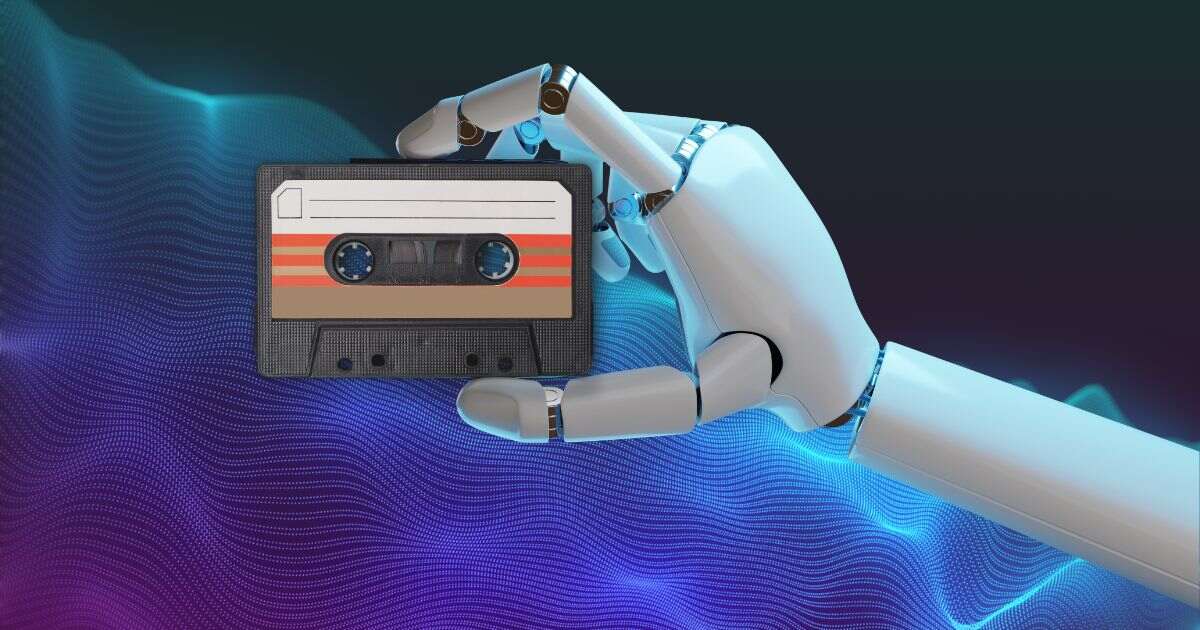
For aspiring artists, Artificial Intelligence (AI) music generators have emerged as invaluable tools to spark innovation. That said, an AI music generator free of charge offers an incredible tool for limitless musical possibilities without costing a penny.
This article explores the top free AI music generators that promise to unleash your artistic potential. Whether you’re a budding songwriter, a curious producer, or an experimental musician, each AI music generator online platform on this list offers an inspiring blend of technology and artistry to fuel your creative journey.
1. Soundful
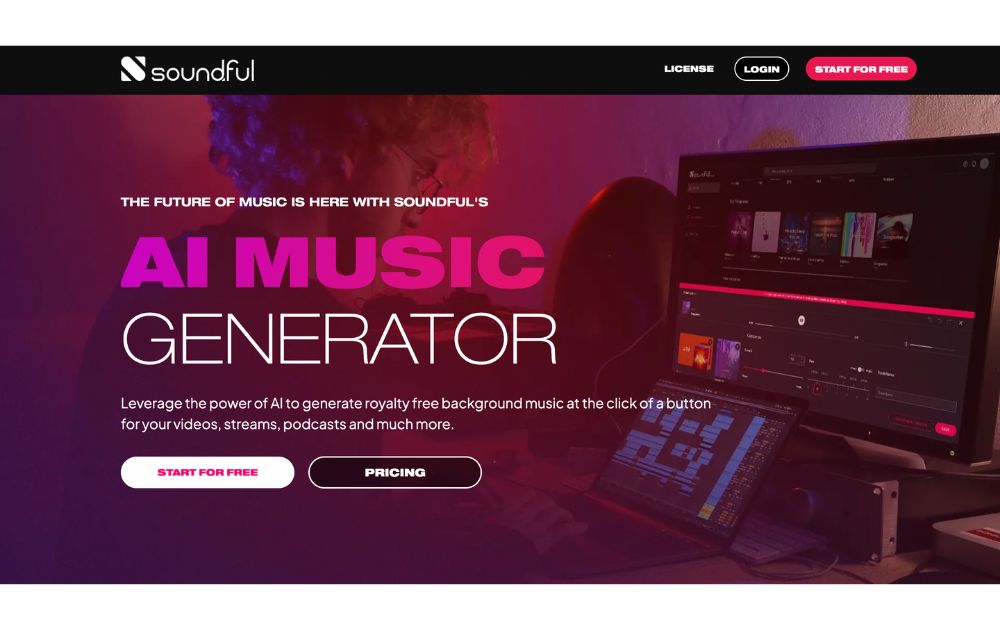
First on our list of AI music generator free tools is Soundful. This AI-powered platform creates royalty-free background music for videos, streams, podcasts, and more. Users can easily choose a genre, customize inputs, and generate tracks until they find the perfect match. The music is unique and won’t replicate existing songs or tracks from the platform itself, as the algorithms are trained note-by-note with the help of industry producers and sound engineers.
This AI music generator has a free forever plan, with ten monthly downloads and access to over 25 deadlines. The plan is designed for personal use and non-profits.
2. Amper Music
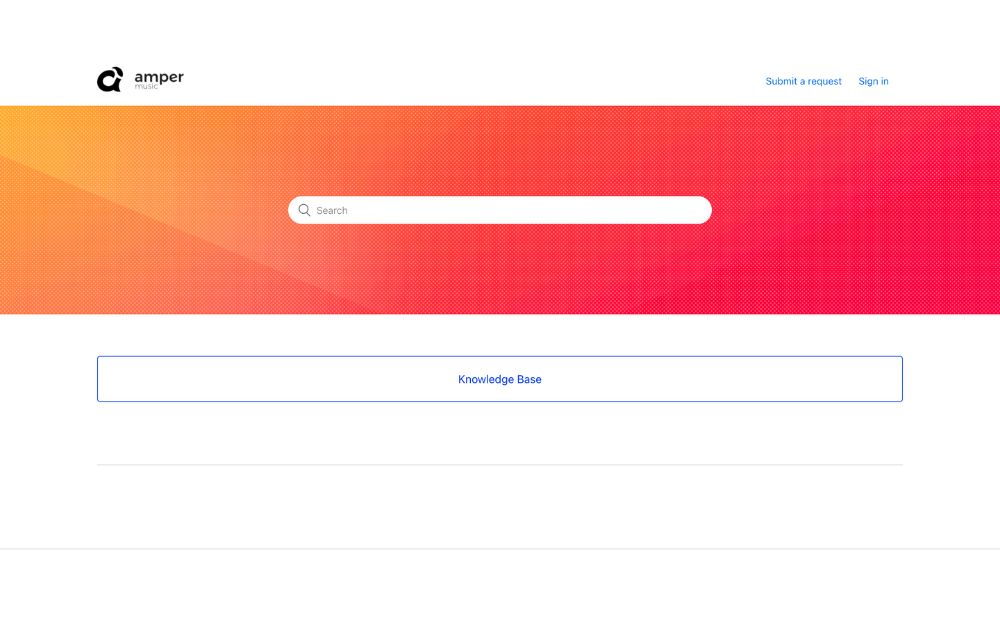
Amper Music is known for its user-friendly interface, making it ideal for beginners in AI-generated music. It doesn’t require extensive knowledge of music theory or composition as it uses pre-recorded samples to create musical tracks. These tracks can be modified with different music keys, tempos, individual instruments, and more, allowing users to tailor the music to their desired mood or vibe.
This platform offers an AI music generator free account, but you’ll need to pay track licenses to download and use the music.
3. Mubert
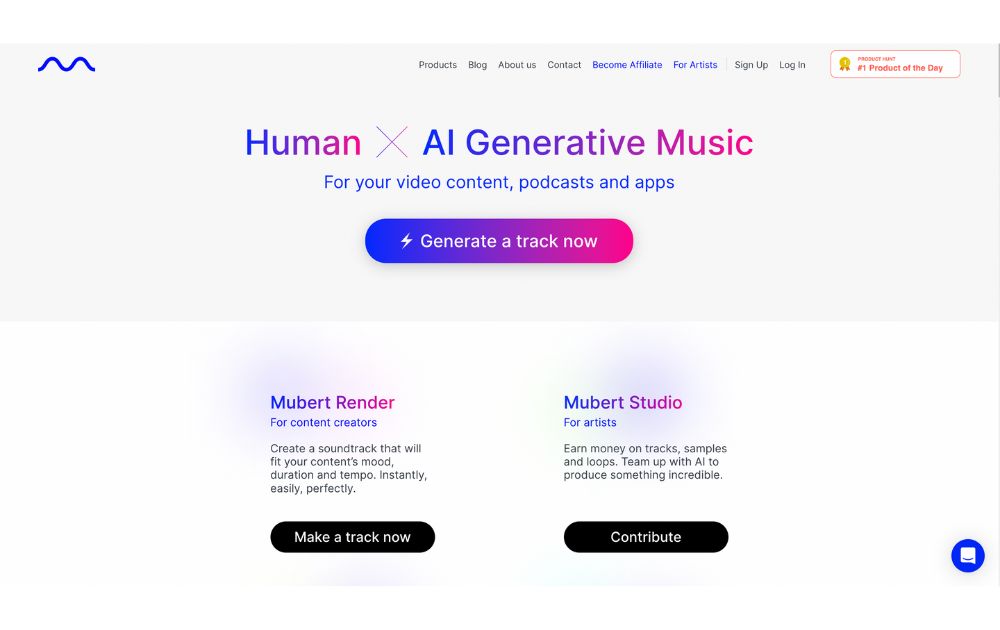
Mubert is an advanced AI music generator that stands out in the industry due to its blend of technology and creativity. It offers a unique approach to music production, enabling users to break traditional boundaries and generate custom soundscapes. The platform provides several advantages, including an API for creating personalized music experiences in apps and games. It also has a marketplace where users can sell AI-generated tracks.
This AI music creator offers a free Ambassador Plan for personal projects without monetization and ad spend.
4. Aiva
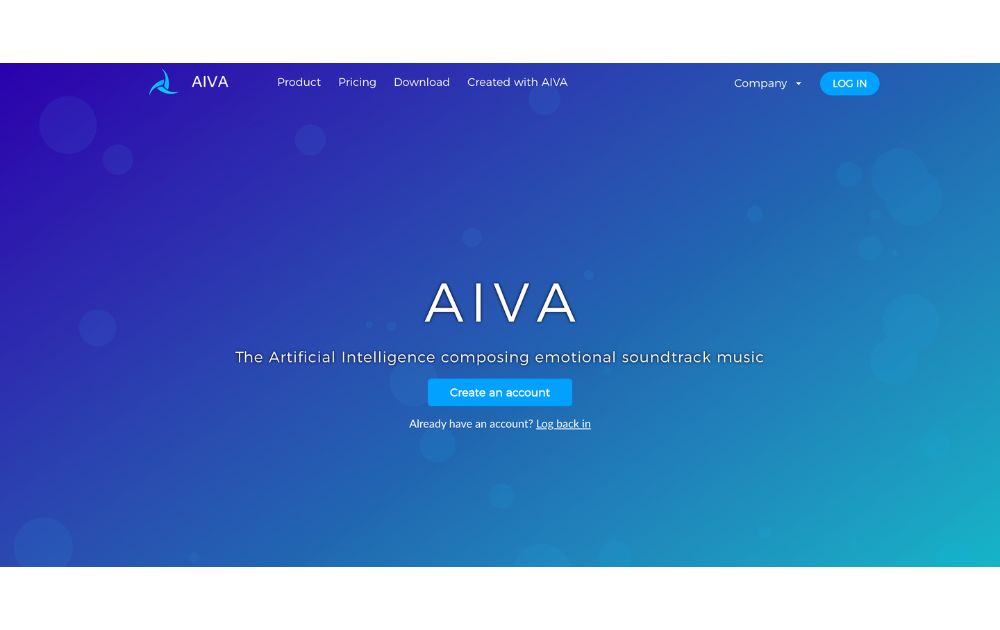
Aiva, an AI music generator established in 2016, specializes in composing soundtracks for diverse media like ads, video games, and movies. Its tool allows users to create original music or produce variations of existing songs, bypassing the complexities of music licensing. The platform offers a wide range of presets, specific music formats, and the flexibility to edit soundtracks, making it a favored choice among professionals and amateurs.
Key features of Aiva include a variety of presets and music formats. It offers a functional free version with limited features and the ability to edit and modify existing tracks. Users can select a template, key signatures, music length, and the number of AI-generated compositions.
5. Soundraw
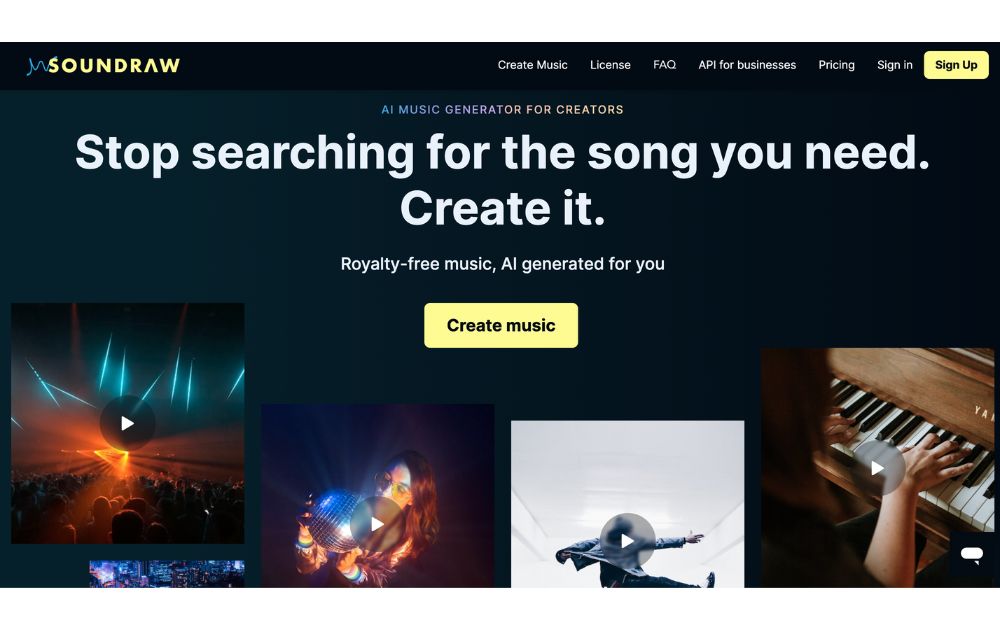
Soundraw is another excellent AI music generator that offers various features, including the customization of songs with AI-created phrases. The tool utilizes a combination of AI and manual tools to make music effortless.
The platform is easy to use, making it accessible for beginners and experienced musicians. It’s also compatible with Google Chrome and Premiere Pro, making for seamless integration. There’s a free plan for users who want to create music, but you’ll need to subscribe for unlimited downloads.
6. Beatbot
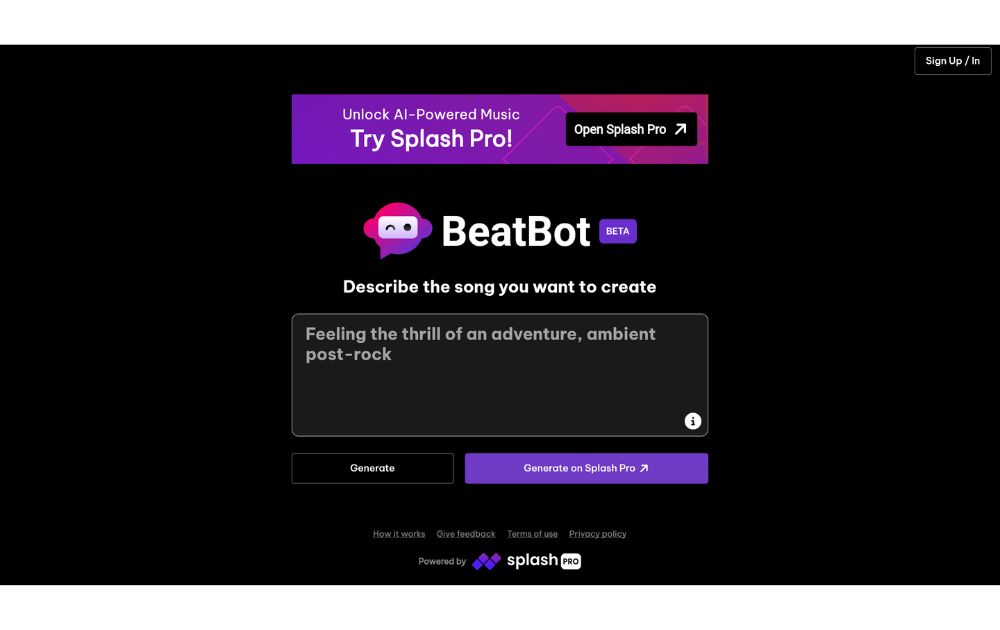
Beatbot is an innovative AI music generator with vocals that composes short songs based on user-provided text prompts. It uses Splash sound loops for music and vocals while ChatGPT writes the lyrics. Currently in its Beta phase, Beatbot is free to use, but pricing may be introduced in the future.
You can use the platform to experiment with different prompts and lyrics. And if you’re not fully satisfied with the result, you can click “Retry” to regenerate the music. Beatbot is free to use.
7. Boomy
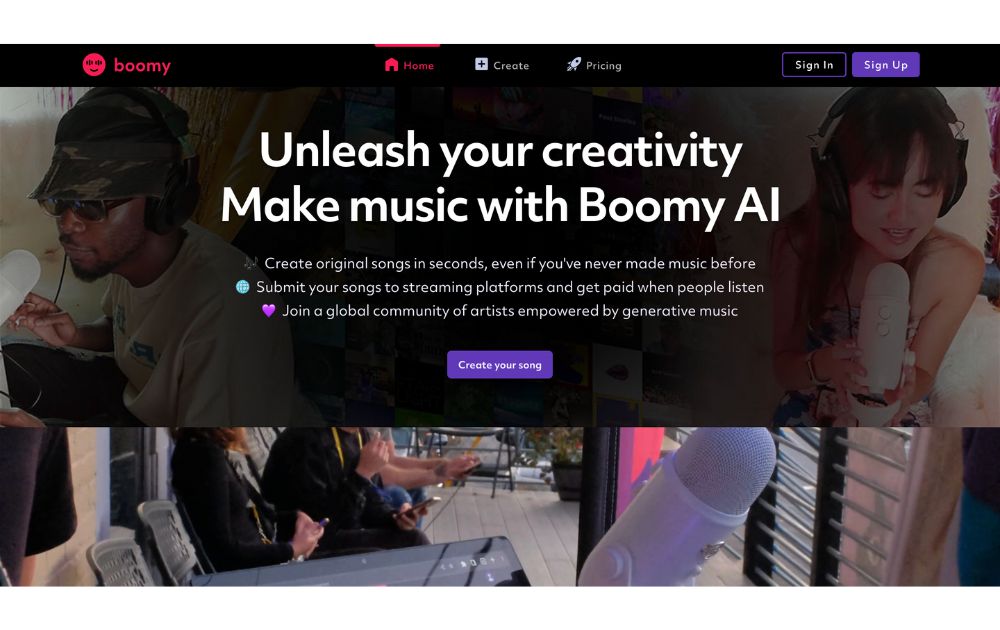
Some users name Boomy as the best AI music generator that simplifies music production. It allows users to create original songs within seconds and provides the opportunity to submit these songs for potential streaming revenues from various services, making it a highly distinctive platform.
The platform offers both free and subscription versions. You can create and edit songs with the free plan and save up to 25 songs. However, you’ll need a paid plan to download songs and use them for non-commercial or commercial use.
8. Loudly
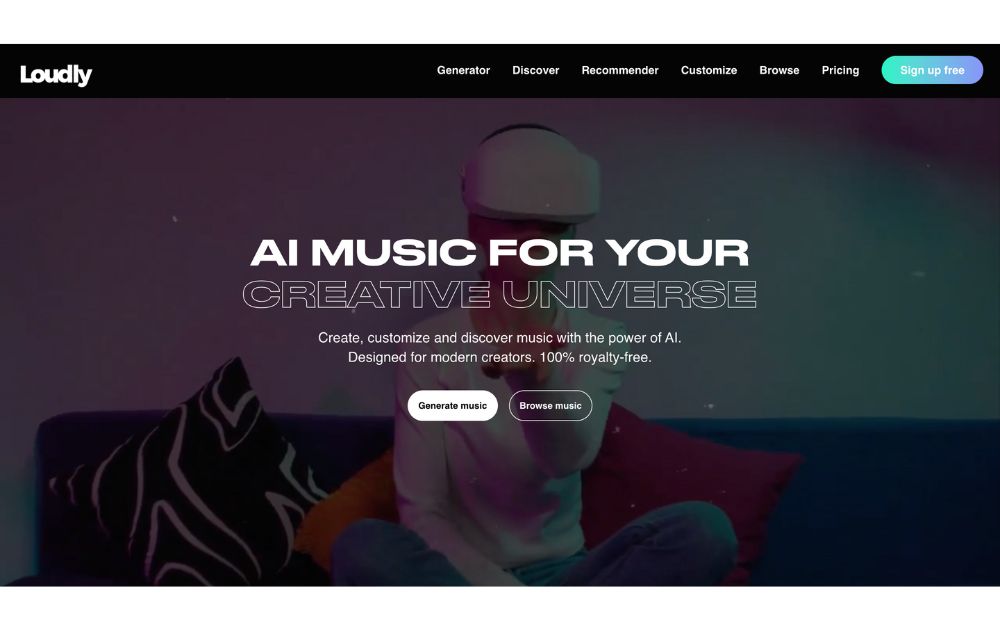
Loudly is an AI-powered music tool with a vast library of over 170,000 curated audio loops. Its advanced playback engine combines and warps loops while following chord progressions in real-time, ensuring musically meaningful compositions. Loudly’s unique approach combines expert systems and generative adversarial networks, supported by collaboration between their music team and machine learning experts.
Loudly offers multiple subscription plans, including a free one, making it a viable option for those looking for a free music generator.
9. Beatoven
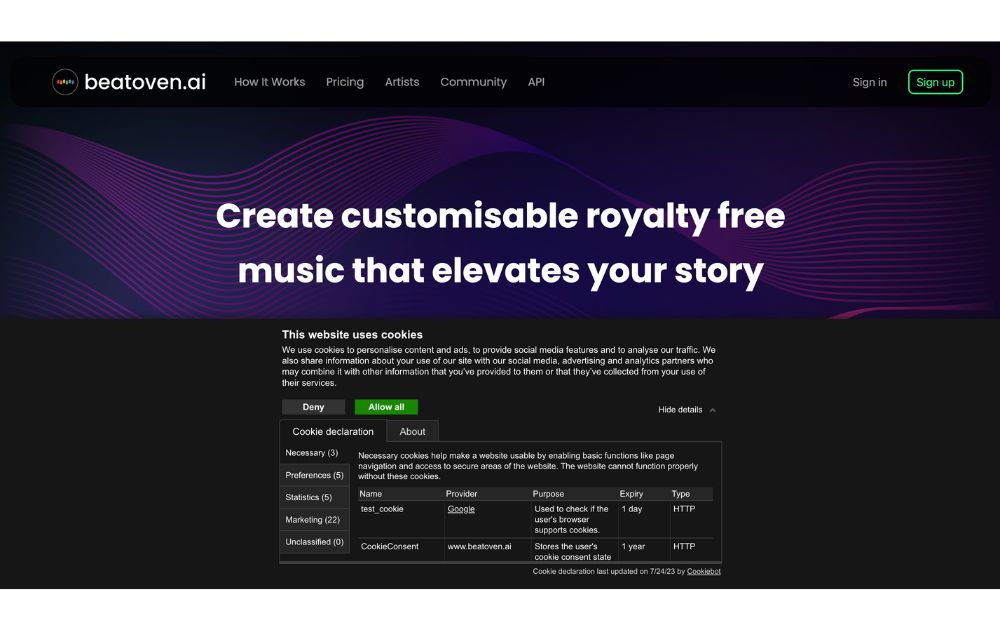
Beatoven is specifically designed to compose original soundtracks for videos or podcasts effortlessly. Without music theory expertise or production experience, users can create unique, mood-based music, ensuring an enjoyable and inclusive creation process.
This AI music generator is ideal for content creators seeking unique, mood-based music for their videos or podcasts. It is also a valuable tool for individuals interested in music creation but lack technical knowledge or resources.
There’s a free plan for individuals wanting to start with the platform. This plan comes with five minutes of free monthly downloads and access to features like instrument selection and volume dynamics.
10. MuseNet
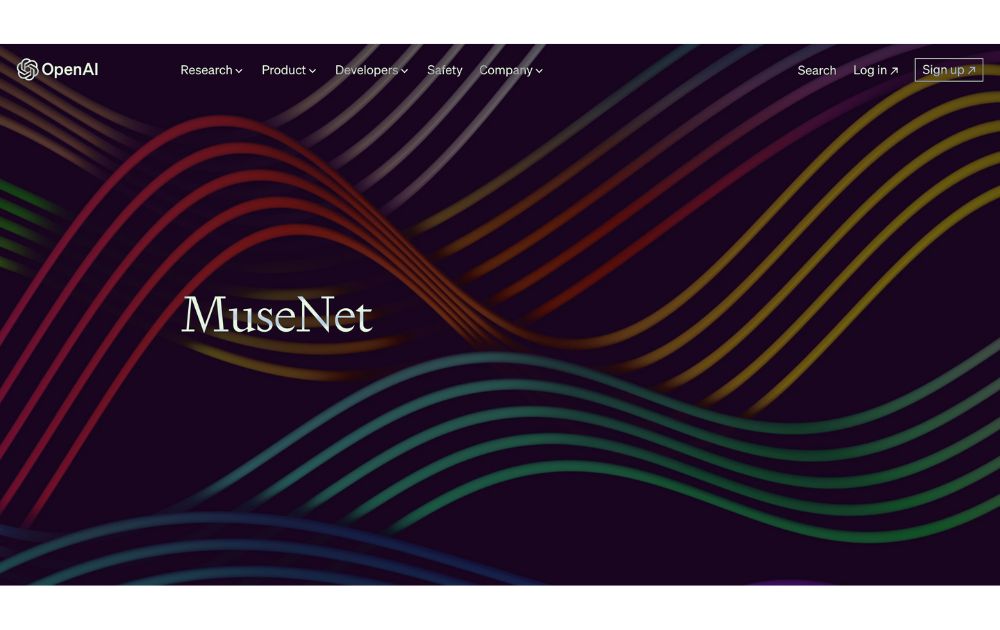
OpenAI’s MuseNet can produce songs with up to ten instruments in 15 different styles. A unique feature of MuseNet is its ability to mimic famous composers like Mozart and contemporary artists like The Beatles. The tool relies on a deep neural network trained on internet data, enabling it to evaluate music over extended periods.
While MuseNet offers numerous music samples on Soundcloud, it currently does not allow users to generate their own music using the tool.
You can use the AI music generator free of charge from their website.

8 Popular Mobile Payment Systems

Omnichannel Marketing Platforms: Definition, Examples & Tools

10 Camping Tech Tools for a Fun Adventure

10 Adventure Travel Destinations You Don’t Want to Miss

10 Sustainable Outdoor Gear Brands

10 Sustainable Activewear Brands

